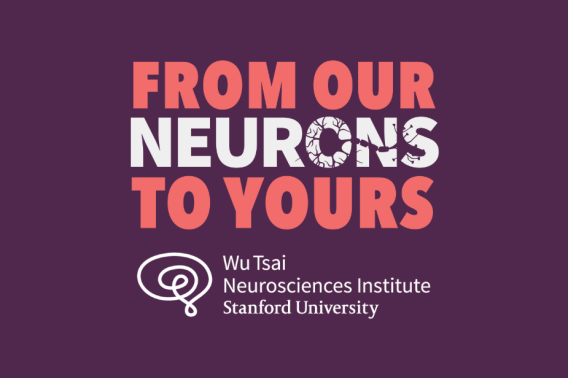Project Summary
Maternal infection is linked to increased risk of neurodevelopmental disorders such as autism and schizophrenia. This proposal examines how virus-associated cytokines, specifically interferons, affect human neurons modeled in brain organoids or studied directly in fetal brain samples. In the immune system, interferons regulate expression of Major Histocompatibility Class I (MHCI) molecules, which perform antigen presentation for adaptive immunity. In contrast, in the nervous system, MHCIs expressed in neurons at synapses play unexpected and key roles in synaptic pruning and plasticity during development. These two separate roles for the same molecules raise the question of what happens when brain and immune systems collide as the developing brain experiences a viral infection. Our preliminary experiments suggest that human neurons express MHCI proteins. Moreover, interferon exposure significantly upregulates MHCI mRNA and protein, suggesting that perturbations in MHCI expression could contribute to the risk of CNS disorders associated with inflammation and viral infection during brain development.
Project Details
Program:
Funding Type:
Seed Grant
Award Year:
2021
Lead Researcher(s):
